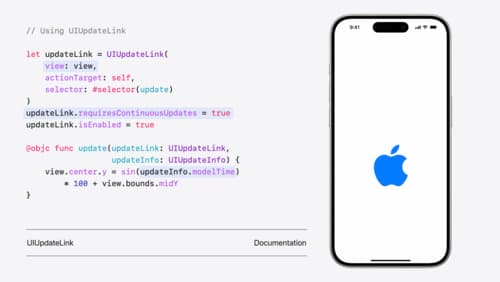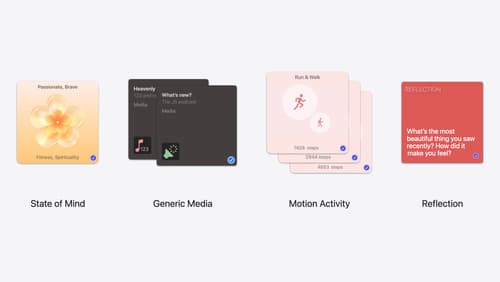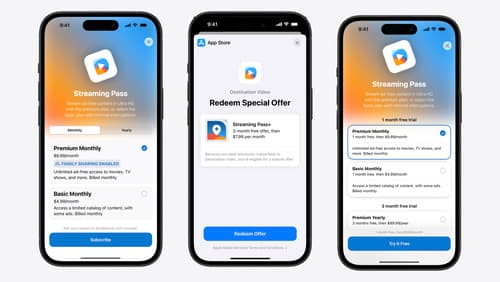What are the upcoming requirements for iOS 18 SDK?
Asked on 2024-08-09
1 search
The upcoming requirements for the iOS 18 SDK include several updates and changes that developers should be aware of:
-
UIKit Enhancements: Developers are encouraged to adopt new UIKit features, which include improvements to transitions, animations, tab bars, and a new document launch experience. There is also a focus on integrating both UIKit and SwiftUI in applications. What’s new in UIKit.
-
Device Management: In iOS 18, there are changes related to device management, such as a new requirement for a device restart when installing proprietary in-house apps with a new team identity. This requirement applies to apps installed without the use of MDM. What’s new in device management.
-
Privacy Enhancements: iOS 18 introduces more transparency and control over access to local networks, Bluetooth, and contacts. There are new flows for sharing contacts, providing options for limited or full access. What’s new in privacy.
-
StoreKit and In-App Purchase: The original API for in-app purchases is deprecated in iOS 18. Developers are encouraged to update their apps to use StoreKit 2, which offers improvements like automatic cryptographic validation and modern language features. What’s new in StoreKit and In-App Purchase.
-
Game Development: iOS 18 introduces game mode, which reduces background activity and Bluetooth latency to improve input and headphone responsiveness. Developers can opt into game mode by setting the
GCSupportsGameModekey in their app's info plist. Port advanced games to Apple platforms.
These updates are part of Apple's continuous effort to enhance the development experience and improve app performance and user privacy on iOS devices.

What’s new in UIKit
Explore everything new in UIKit, including tab and document launch experiences, transitions, and text and input changes. We’ll also discuss better-than-ever interoperability between UIKit and SwiftUI animations and gestures, as well as general improvements throughout UIKit.

Enhanced suggestions for your journaling app
Find out how your journaling app can display journaling suggestions with richer content from the system. Explore new types of available content like state of mind data, reflection prompts, and support for third-party media content and motion-based activities.

What’s new in StoreKit and In-App Purchase
Learn how to build and deliver even better purchase experiences using the App Store In-App Purchase system. We’ll demo new StoreKit views control styles and new APIs to improve your subscription customization, discuss new fields for transaction-level information, and explore new testability in Xcode. We’ll also review an important StoreKit deprecation.
